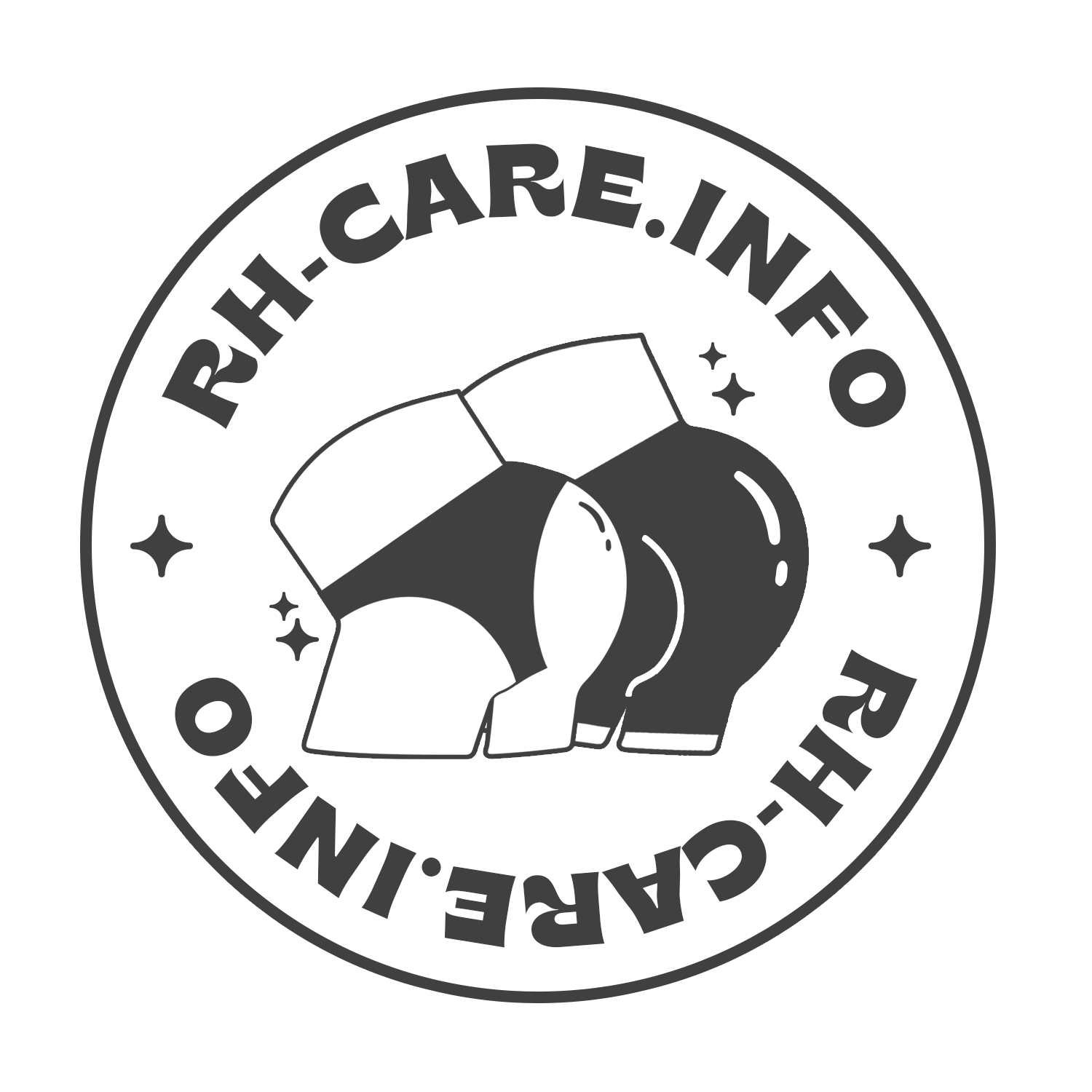What is Gender-Based Violence?
Gender-based violence (GBV) is one of the most prevalent form of human right violation in the world and constitutes any harm perpetrated against a person based on unequal power relationships between men and women. It is often a result of gender roles. The violence includes, but is not limited to, violence against women and girls. Violence is directed specifically against a woman because she is a woman. The harm may be, but not limited to, physical, sexual, and psychological in nature. The most pervasive form of gender-based violence is abuse of a woman by intimate male partners. The violence is most often perpetrated by someone the woman or girl knows.
Violence against women and girls undermines the health, dignity, security and autonomy of its victims, yet it remains shrouded in a culture of silence. The health consequences of violence are enormous and include permanent disability, unwanted pregnancies, lingering psychological trauma, sexually transmitted infections including HIV, and even death.
What actions or behaviors are considered as violence against women and girls?
According to the DOH, violence against women occurs in 3 major settings.
- Violence against women and girls in the family or domestic violence is “violence that occurs within the private sphere, generally between individuals who are related through intimacy, blood or law.”
It may take the form of physical violence (hitting with the fist, slapping, kicking different parts of the body, stabbing with a knife, etc) or psychological and emotional violence (intimidation, harassment, stalking, damage to property, public ridicule or humiliation, repeated verbal abuse, marital infidelity, etc.).
It can also be sexual violence (rape, sexual harassment, acts of lasciviousness, treating a woman or child as a sex object, making demeaning and sexually suggestive remarks, physically attacking the sexual parts of the victim’s body, forcing him/her to watch obscene publications and indecent shows or forcing the woman or her child to do indecent acts and/or make films thereof, forcing the wife and mistress/lover to live in the conjugal home or sleep together in the same room with the abuser, etc) or economic abuse (withdrawal of financial support or preventing the victim from engaging in any legitimate profession, occupation, business or activity, deprivation or threat of deprivation of financial resources and the right to use and enjoyment of the conjugal, community or property owned in common, destroying household property; and controlling the victim’s own money or properties or solely controlling the conjugal money or properties. - Violence against women and girls in the community often takes one or more of the following forms: physical violence such as physical chastisement, trafficking for both the sex industry and the service industry, forced prostitution, battering by employers and murder; sexual violence such as rape, sexual harassment and sexual intimidation, and psychological violence such as intimidation, sanction or isolation by community/cultural norms based on attitudes of gender discrimination.
- State Violence Against Women consists of political violence such as tolerance of gender-based violence, trafficking, domestic violence, sexual abuse, forced pregnancy and forced sterilization, custodial violence such as military and police rape, torture, and suppression of the political acts of the women’s movement, abuse of women in refugee and relocation camps and in prisons; and institutional violence such as enforcement of discriminatory laws and regulations, policies and programs such as abortion policies, reproduction policies and matrimonial laws.
What to do if you are experiencing or witness any form of violence against women?
If you are experiencing or witnessed any type or form of violence against women in your home, community, workplace or organization, stand up, seek help, and speak up! Please report or contact immediately the following offices:
Interagency Council on Violence Against Women and Children: +63 917 874 8961 or +63 916 398 1228 or +63 917 867 1907. Landline: (02) 8735 1654 loc. 122 / (02) 8733 6611 Email: iacvawc@pcw.gov.ph.
Ministry of Social Services and Development BARMM: +63 950 727 1396.
City Social Welfare and Development Office – Marawi City: +63 945 465 0809
DILG: +63 927422 6300 and +63 961 772 1668
PNP – Women & Children Protection Center (WCPC): (02) 8410 3213. Email: wcpc_pnp@yahoo.com / wcpc_vawcd@yahoo.com / avawcd.wcpc@pnp.gov.ph
Aleng Pulis Hotline: (+63) 919 777 7377
NBI – Violence Against Women & Children Desk (VAWCD): (02) 8523 8231 to 38 or (02) 8525 6028. Email: vawcd@nbi.gov.ph
DSWD: (02) 8931 8101 to 07 and Text Hotline: +63 918 912 2813
DSWD – NCR Ugnayan Pag-asa Crisis Intervention Center: (02) 8734 8639 / (02) 8734 8654 / (02) 8734 8626 to 27
DSWD Community-Based Services Section (CBSS): (02) 8733 0010 to 18 loc. 116
Public Attorney’s Office (PAO): (02) 8929 9436 local 106, 107 or 159 (Local “0” for operator) and (+63) 939 323 3665. Email: pao_executive@yahoo.com
If you need to see a Women and Children Protection Unit located near you, use our HEALTH FACILITY LOCATOR. Simply input your location, then select “Women and Children Protection Unit” and click on the search button. The results will show the facilities with WPCU within a 10 kilometer radius from your location.



